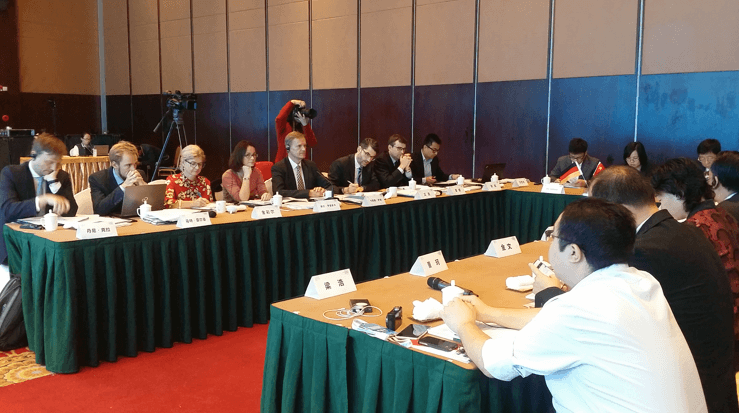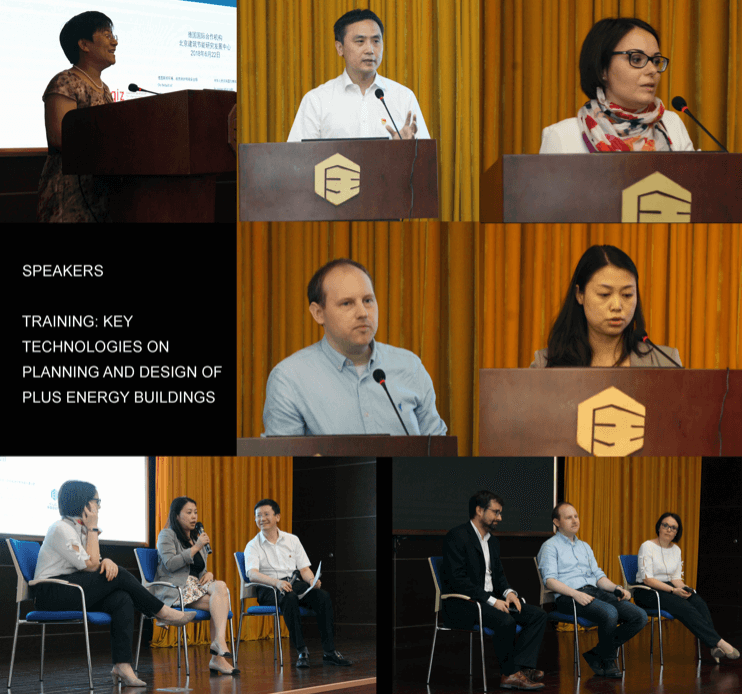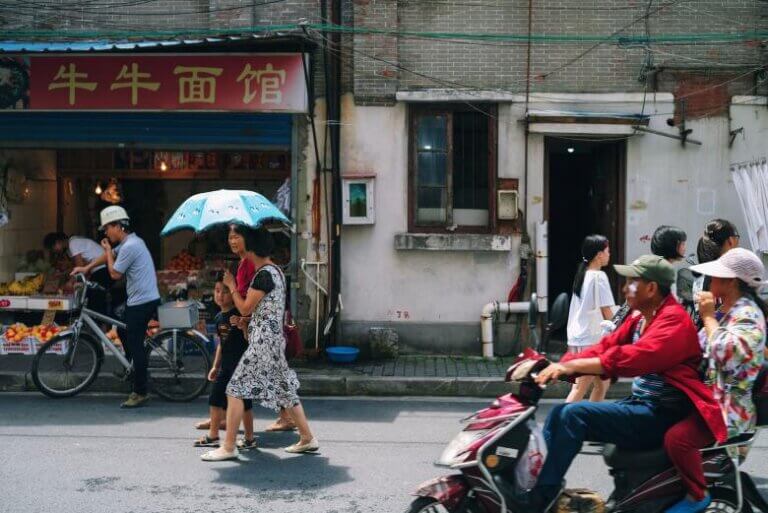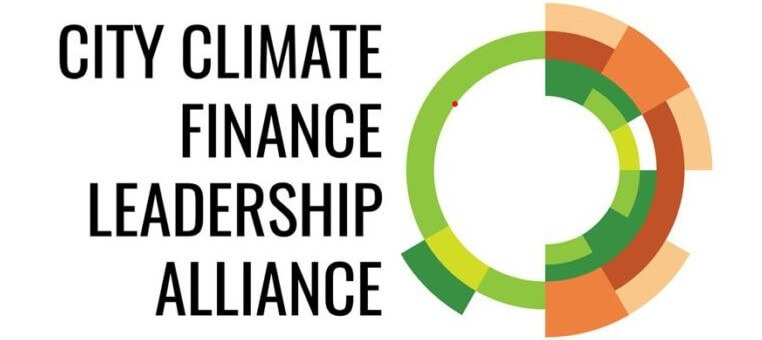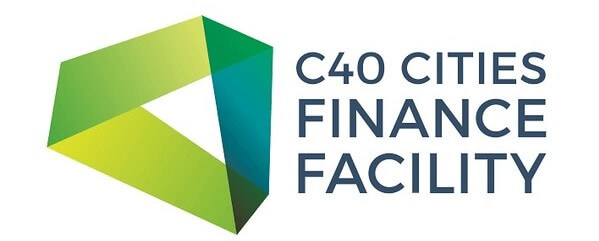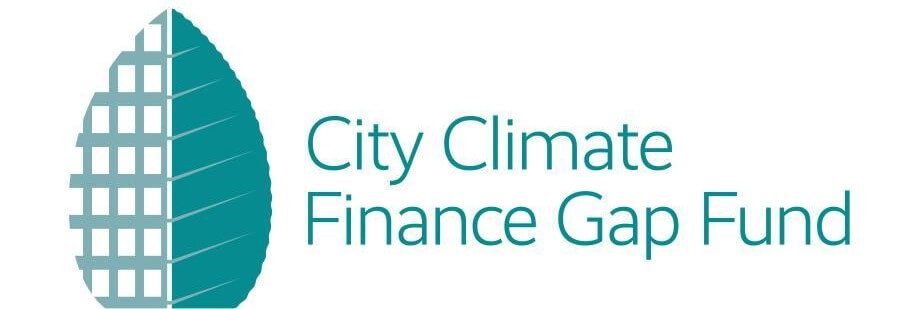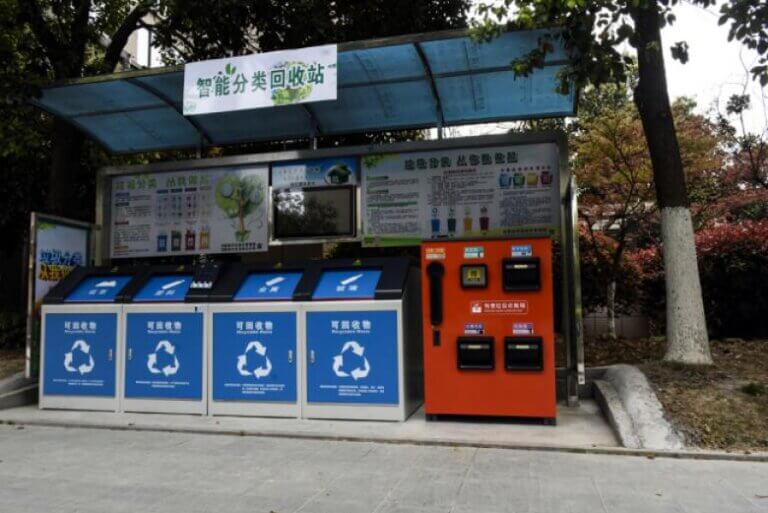
China plans recycling project “No-Waste Cities”
In light of the alarming increase of 10 billion tons of waste every year, the Chinese central government has now announced the pilot program No-Waste City in 16 regions, including major cities such as Shenzhen and Weihai. The program, spearheaded by Zhuang Guotai, vice-minister of ecology and

